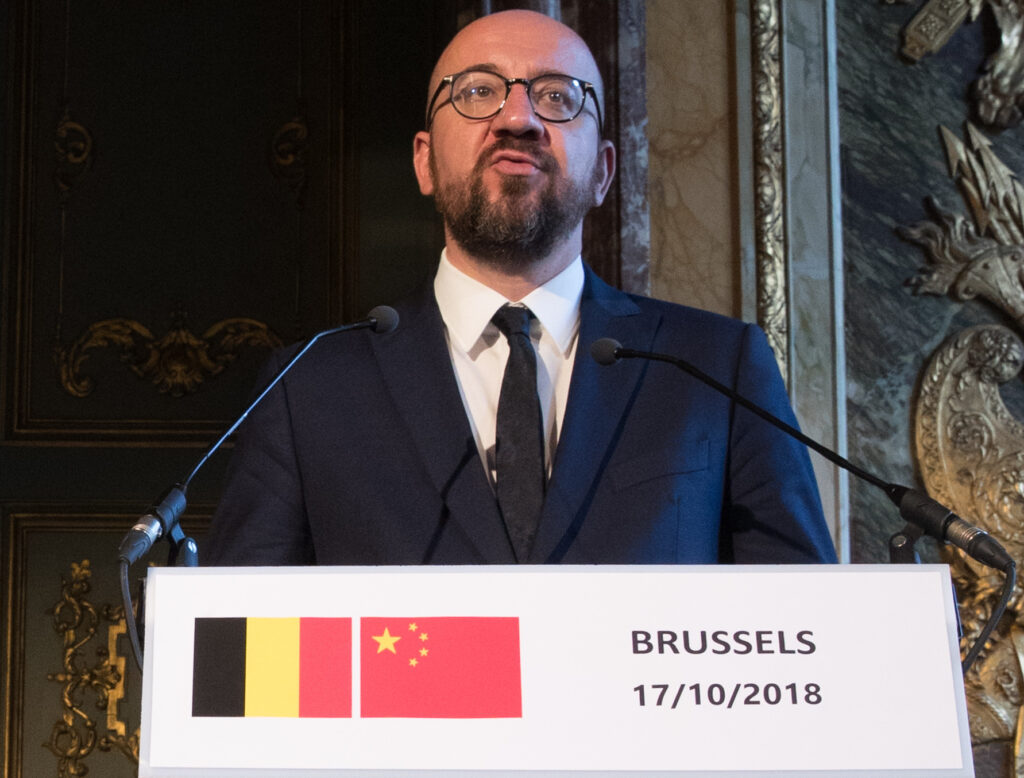President of the European Council Charles Michel announced on Thursday a visit to Beijing on 1 December to meet with Chinese President Xi Jinping, despite EU-China tensions rising. China recently censored one of Michel's speeches due to be broadcast in Shanghai.
In the wake of Russia's invasion of Ukraine, the EU has been forced to consider its diplomatic and economic ties with states whose human rights record comes into conflict with the values espoused by the 27 Member States.
Of all alliances that have been strained under economic and energy challenges, perhaps the most difficult is on the question of China: for all the EU's objections to the treatment of the Uyghur community in Xinjiang and longing for China to denounce Russia unequivocally, getting out of bed with the industrial superpower would be too great a blow to the EU's economy.
Related News
- European Parliament declares Russia state sponsor of terrorism
- European Parliament website hit by DDoS attack
Michel's mission to improve trading relations with China whilst simultaneously doubling down on environmental and social issues has been undermined by the eagerness of Member States to engage with the Asian superstate, even if that means overlooking its less laudable domestic and international policies.
This has led to inconsistencies in the approach of Member States when dealing with China: while German Chancellor Olaf Scholz was the first G7 leader to visit China since the start of the pandemic, Belgium was caught in a dispute with China over Beijing’s rapidly increasing involvement in European infrastructure projects.
European leaders were able to agree on imploring China to impress on Russia the need to respect international law in Ukraine. Michel had been scheduled to deliver this message at the opening of a trade fair in Shanghai.
However, the broadcast of this speech was cancelled as Chinese authorities wished to censor all references to the war in Ukraine in the speech. Although neutral, China remains a strategic ally of Russia and continues to resist EU efforts to renounce its long ties to the ex-soviet motherland.
While these diplomatic incidents may have frayed the already fragile Sino-European relationship, Michel will make another effort to bridge the gulf between the two powers. On a trip to Beijing, Michel "will discuss global challenges as well as subjects of common interest," he stated.
A spokesperson for the Chinese Foreign Ministry told various outlets that China will be providing further information on the meeting in due course.

